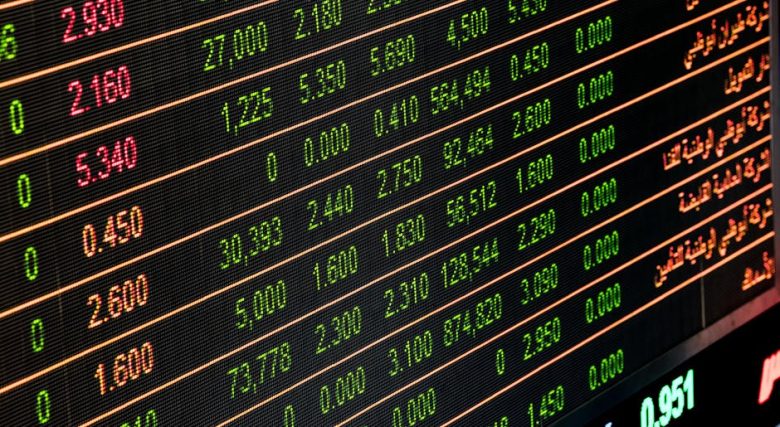In an age where convenience reigns supreme, we often find ourselves seduced by the allure of instant gratification. From food delivery apps to smart home devices, the modern consumer is granted unprecedented ease in daily life. Yet, as we revel in the luxury of having everything at our fingertips, we must ask ourselves: what are we giving up in exchange for this convenience? The hidden costs of our modern lifestyle may not be immediately apparent, but they loom large over our collective future.
As we navigate this fast-paced world, it’s easy to overlook the environmental, social, and economic implications of our choices. The convenience that fuels our daily routines often comes wrapped in layers of complexity that can lead to significant consequences. While we may feel excitement and relief in the moment, we must confront the reality that our quest for ease might be undermining the very foundations of our society and planet.
One of the most pressing concerns surrounding convenience is its environmental impact. The rise of fast fashion, for instance, has created a culture of disposable clothing, where garments are worn only a few times before being discarded. This trend leads to staggering amounts of textile waste, contributing to landfills and pollution. Moreover, the carbon footprint associated with producing and shipping these items globally is significant. As consumers, we must recognize that our choices contribute to a cycle of waste that threatens the stability of our ecosystems.
Socially, the convenience culture often fosters a sense of isolation and disconnection. With the advent of online shopping and food delivery, face-to-face interactions are dwindling. Local businesses, once the heartbeat of our communities, struggle to compete with giant corporations that offer the allure of convenience. This shift not only affects local economies but also erodes the social fabric that binds us together. As we prioritize convenience over connection, we may find ourselves longing for the community ties that once enriched our lives.
Economically, the convenience-driven market can create a precarious situation for workers. Many gig economy jobs, heralded as flexible and convenient, often lack the benefits and protections that traditional employment offers. Workers face uncertain incomes, insufficient healthcare, and a lack of job security. While consumers enjoy the benefits of low-cost services, we must consider the human cost behind them. The convenience we crave can come at the expense of the very individuals who help us maintain our lifestyles.
However, amidst these concerns, there is hope. A growing awareness of the hidden costs of convenience is prompting consumers and businesses alike to seek more sustainable practices. From opting for local produce to supporting ethical brands, individuals are beginning to make choices that prioritize long-term benefits over short-term ease. Communities are rising to the challenge, creating networks that emphasize connection and support for local initiatives.
In conclusion, while convenience may simplify our lives in the short term, it is crucial to acknowledge the broader implications of our choices. By understanding the hidden costs associated with our desire for ease, we can cultivate a more mindful approach to consumption. Embracing sustainability, fostering community connections, and advocating for fair labor practices can help us forge a future that balances convenience with responsibility. The path forward may not always be the easiest, but it can lead to a more equitable and sustainable world for generations to come.



